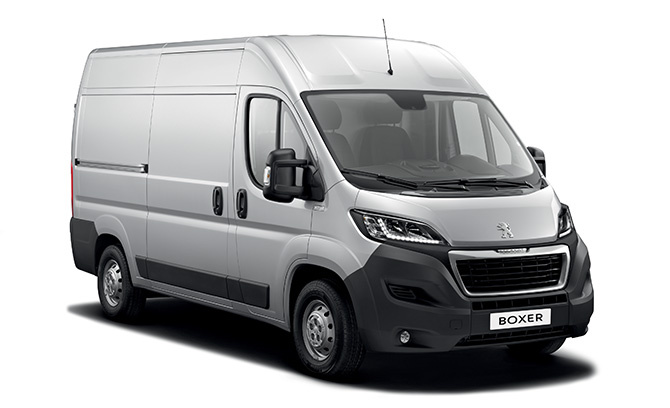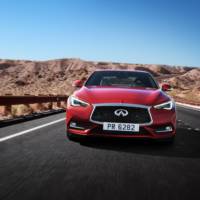Peugeot is enlarging its Euro 6 presence also in the van segment. The French manufacturer is well known for its BlueHDi technology and now wants to make the most of it.
Peugeot BlueHDi technology has been tried and tested in saloons and SUVs since 2013, treating up to 90% of NOx and 99.9% of even the finest particulates. And now, Peugeot is completing the roll-out of its range of Euro 6 engines with the large van segment. The Peugeot Boxer will now be available with a new range of 2.0 BlueHDi Diesel engines, designed and produced by the PSA Group.
The new range of Peugeot Boxer 2.0 liters BlueHDi engines offers 3 power levels for the core market:
– 110 hp and 300 Nm, an increase of 50 Nm compared to the previous engine;
– 130 hp and 340 Nm, an increase of 20 Nm compared to the previous engine;
– 160 hp and 350 Nm, an increase of 10 hp compared to the previous engine.
All the engines above are paired with a 6-speed manual gearbox and Stop & Start technology is available across all of the versions.
The BlueHDi engines fitted to the current Peugeot Boxer mean it now has a record consumption level for the large van segment, starting from 6.0 l/100 km, with 154g/km of CO2, a reduction of 1.1 l/100 km and 30g CO2 for the 130 hp version.
The car has also the same payload and maximum speed and acceleration and in-gear acceleration are improved by up to 4 seconds for 0 to 100 km/h and 8 seconds for 80 to 120 km/h for the 110 hp version, respectively.
The BlueHDi technology incorporates SCR (Selective Catalytic Reduction) upstream of the additivated DPF (Diesel Particulate Filter). The engine options therefore meet the Euro6 standard with what is considered the most effective pollution control technology on the market.
Their AdBlue 15 litre tank provides a range of approximately 10,000 km. It can be filled up with AdBlue, thanks to the external filler flap which is located above the fuel filler and which is compatible with existing heavy goods vehicle AdBlue pumps at service stations.



